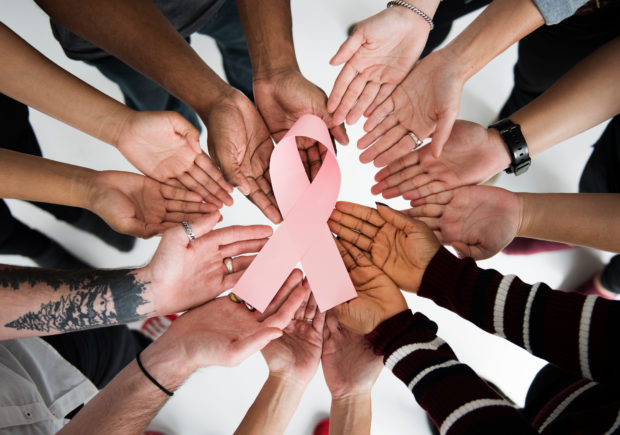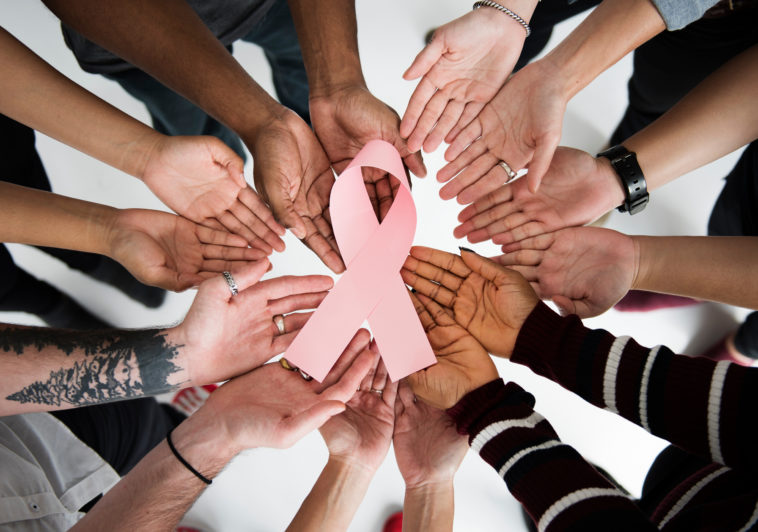Breast cancer is the second most common cancer type diagnosed among women, following skin cancer.
In 2022, an estimated 288,000 cases were diagnosed in the United States alone.
Despite the high volume of cases, though, many forms of breast cancer are actually very treatable– especially when diagnosed during the earlier stages.
For instance, the most common type of noninvasive breast cancer– ductal carcinoma in situ (DCIS)– has a long-term survival rate of nearly 100%.
Still, there are some outlier cases in which breast cancer cannot be treated via hormone therapies or targeted therapies and does not respond to chemotherapy.
These particular cases remain the most challenging to treat and wind up being the deadliest.
Recently, though, researchers from Tulane University in New Orleans, Louisiana, conducted a study that, for the first time, discovered how it is possible for cancers to persist following chemotherapy and why cancers do not respond well to immunotherapies– which are designed to ramp up the immune system.
Essentially, the team found that after surviving chemotherapy, a host of immune checkpoints are triggered.
These checkpoints then actually shield breast cancer against the immune system’s various lines of attack.

Sign up for Chip Chick’s newsletter and get stories like this delivered to your inbox.


